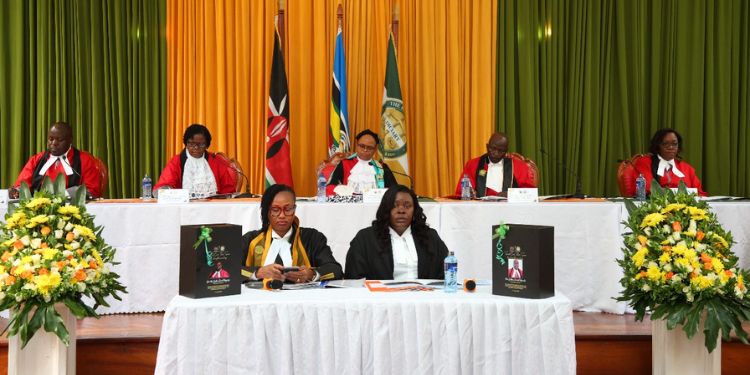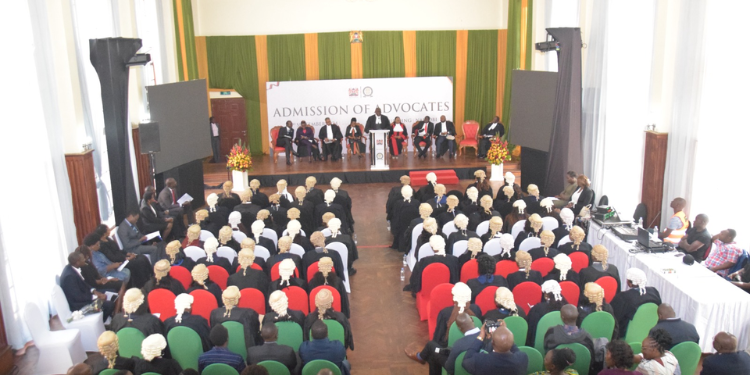Becoming an advocate of the High Court of Kenya is a structured process that combines academic training, professional examinations, and a formal admission procedure under the Advocates Act, Cap. 16.
The law lays out clear steps for qualified candidates to follow before they can be recognized as advocates with the right to practice.
To qualify, a candidate must be a citizen of Kenya or a member of the East African Community.
They must also hold a law degree from a recognized university or another qualification approved by the Council of Legal Education.
The candidate is required to complete pupillage under a practicing advocate and pass the prescribed bar examinations
Filing the Petition
Section 15 of the Advocates Act provides that any duly qualified person may apply for admission by filing a petition.
Also Read: Divorce in Kenya: How to File, What It Costs, and How Long It Takes
The application must be in the prescribed form and verified by oath or statutory declaration addressed to the Chief Justice.
The petition is then filed with the Registrar of the High Court, accompanied by a notice and all other required documents.
A copy of the petition must also be delivered to the Council of Legal Education and the Law Society of Kenya
Public Notice and Hearing
Once filed, the Registrar exhibits the notice for one month before any order is made. The Chief Justice then hears the petition in chambers.
During the hearing, the Council of Legal Education and the Law Society have the right to appear and be heard.
If satisfied with the applicant’s qualifications, service record, and moral fitness, the Chief Justice moves the hearing into open court and orders the admission of the petitioner as an advocate
Taking the Oath and Signing the Roll
Upon admission, the applicant pays the prescribed fee and takes an oath or affirmation before the Chief Justice as an officer of the court.
The final step is signing the Roll of Advocates in the presence of the Registrar or Deputy Registrar, who countersigns as a witness.
From this moment, the candidate is officially recognized as an advocate of the High Court of Kenya
Practicing Certificate
The new advocate must apply for a practicing certificate from the Registrar, which authorizes them to offer legal services.
Also Read: Tracking a Court Case in Kenya: Here’s How to Do It Online
This certificate also confers automatic membership in the Law Society of Kenya.
Summary of Steps to Register
- Meet the qualifications: Be a citizen of Kenya or an East African Community member, hold a recognized law degree, complete pupillage, and pass the Council of Legal Education exams.
- File a petition: Submit a petition in the prescribed form to the Chief Justice, verified by oath, through the Registrar of the High Court. Attach the required documents and serve copies to the Council of Legal Education and the Law Society of Kenya.
- Public Notice: The Registrar will publicly display the notice of your petition for one month.
- Hearing before the Chief Justice: After the notice period, the Chief Justice hears the petition in chambers. The Council of Legal Education and Law Society may give input.
- Admission in open court: If satisfied with your qualifications, service, and moral fitness, the Chief Justice orders admission in open court.
- Take oath and sign the Roll: Pay the prescribed fee, take the advocate’s oath before the Chief Justice, and sign the Roll of Advocates in the Registrar’s presence.
- Obtain a practicing certificate: Apply to the Registrar for a practicing certificate, which authorizes you to practice and automatically makes you a member of the Law Society of Kenya.
Follow our WhatsApp Channel and X Account for real-time news updates.













































































